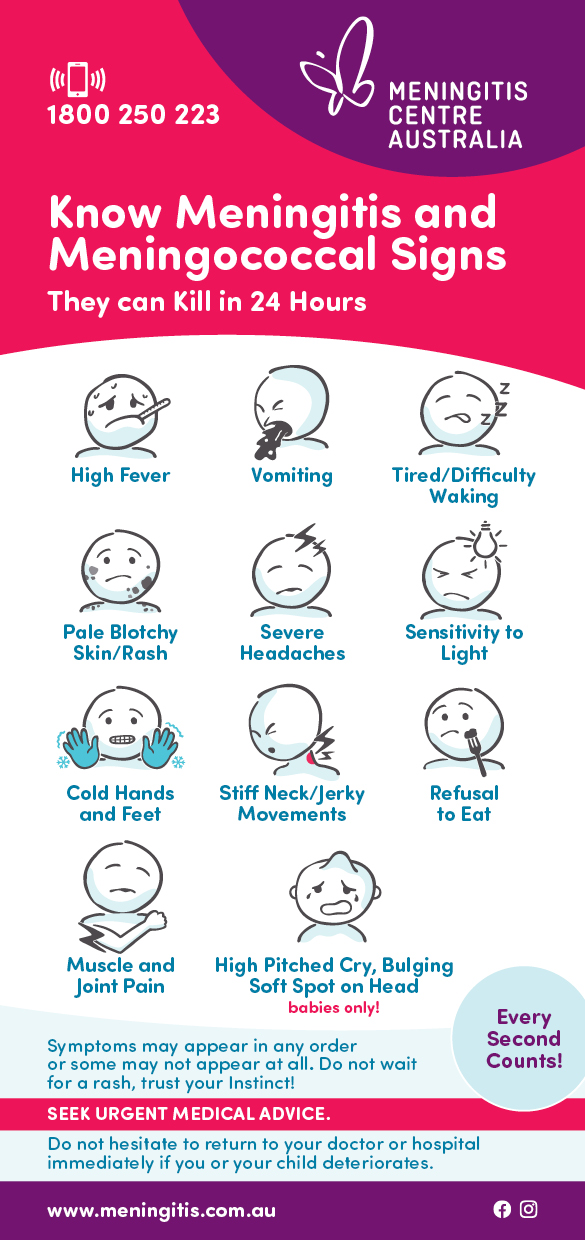The family of a pregnant Indigenous woman who died after being prematurely discharged from hospital in 2016 are hopeful the findings of an inquest into her death will lead to change in the health system.
Naomi Williams was six months pregnant when she arrived at a hospital in the NSW town of Tumut with severe pain during the early hours of New Years Day in 2016.
Fifteen hours after being discharged, given only Panadol and an iceblock, she and her unborn baby had died of meningococcal and sepsis
It was the 18th time the mother-to-be had presented to Tumut Hospital in the months preceding her death.
The findings of a coronial inquest into the 27-year-old Wiradjuri woman’s death, released on Monday, have now concluded Ms Williams should have received further medical treatment on the morning of her death and that a lack of treatment during her earlier visits likely led to her having “reduced expectations of care”.
Handing down the findings in Tumut Local Court, Deputy State Coroner Harriet Grahame made a series of recommendations to the Murrumbidgee Local Health District, which includes Tumut hospital.
‘Deeply troubling’
The coroner recommended including training on the importance of ‘safety alerts’, such as in the case of a high-risk pregnancy; monitoring implicit bias by auditing the care of Indigenous and non-Indigenous patients, ensuring an Aboriginal health liaison worker is available 24 hours a day and setting targets for Indigenous employment in hospitals.
“It could not have been known by the nurse and the midwife at the presentation that Naomi was suffering from a bacterial infection, which was life-threatening,” the findings read.
It was not known that she had high complex needs because her hospital notes were not read at the presentation. It was not known that she had been assessed with a high-risk pregnancy, about two weeks earlier, because that information had not been flagged.”
The coroner said on the face of the evidence, the number of times Ms Williams had presented to the hospital without being referred to a specialist was “deeply troubling”.
‘The system let her down’
A lawyer representing Ms Williams’ family, George Newhouse, told reporters following the hearing that he was hopeful the coroner’s findings would lead to a “better future”.
“The findings of this inquest indicate that she had lowered her expectations of the care she would get from the hospital because of the way she was treated,” he said.
“The coroner also found that Naomi should have received further examination on the night she passed away.”
Before her death, Ms Williams was a disability support worker who was “loved” by her clients, passionate about social justice and excited to welcome her first child into the world, her family said.
“Naomi, like most of us here, was an Australian citizen with rights to appropriate health care. But the system let her down,” Ms William’s cousin, Anita Heiss, said following the findings hearing.
“The treatment Naomi received from Tumut Hospital was way beneath any acceptable standard.
“This story will never have an ending for us.”
‘Need to reduce racial bias’
The inquest, which began in Gundagai near Tumut in September 2018, examined whether the care Ms Williams received was of an acceptable standard and the extent to which systematic failures contributed to her death.
Dr Heiss said Ms Williams had felt “invisible to the health system” after making repeated visits to the hospital seeking care and added that local Indigenous women were now hesitant to go to the hospital.
“The reality is if Naomi had presented to Tumut hospital as a non-Indigenous person … her treatment would have been better,” Dr Heiss added.
The family said they were appreciative of recommendations aimed at reducing racial bias in medical settings and fully expected the key findings to be implemented at Tumut hospital.
“They [the inquest findings] are never going to bring Nay back, so the whole goal of this process is to ensure there is structural change,” Dr Heiss said.
SOURCE: SBS NEWS

